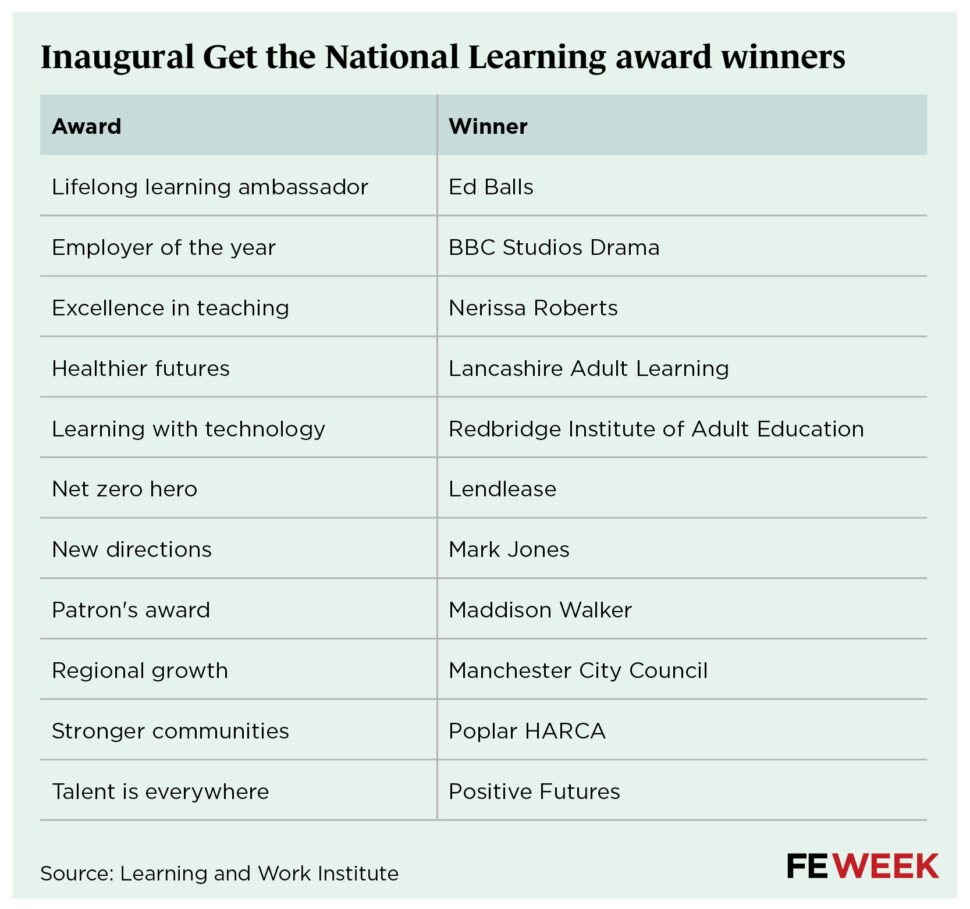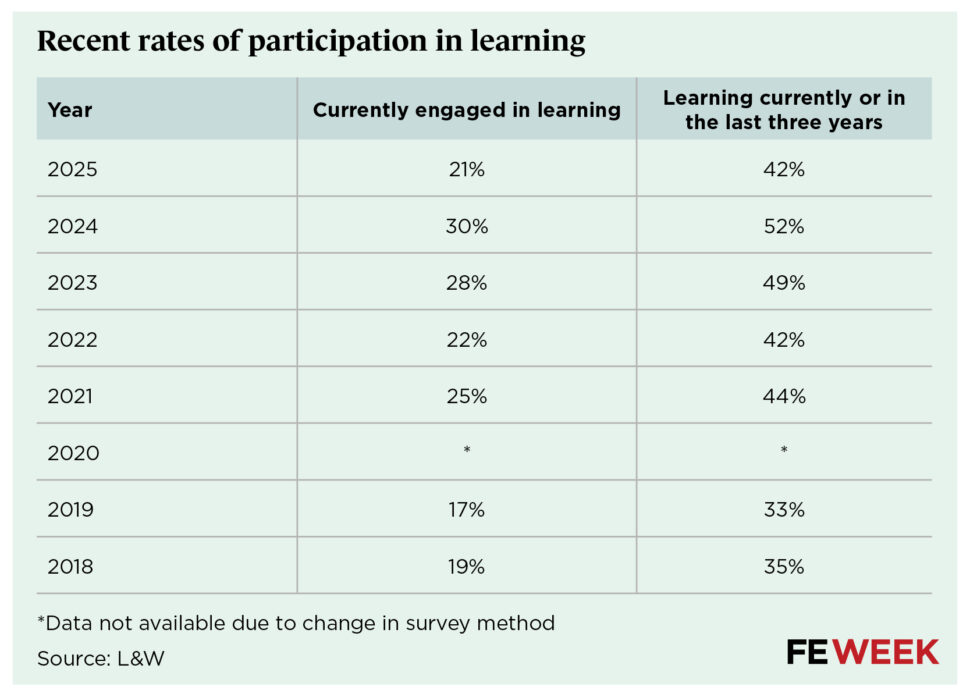I was not surprised to hear that the curriculum and assessment review’s final report said it heard “overwhelmingly” from providers that, for most learners, functional skills qualifications (FSQs) “do not currently serve as an appropriate pathway” to level 2.
This criticism must prompt a redesign to create something more relevant, flexible and genuinely functional.
The recent skills white paper also left the question of what to do about FSQ maths for 16 to 18-year-old apprentices unresolved.
The government could have extended the removal of the pass requirement at level 2, which was announced for apprentices aged 19 and over at the start of the year.
At Remit Training, we believe a better solution lies in reviewing and improving the narrow FSQ maths curriculum, which many employers say does not provide what they need.
Too many employers and providers are now reluctant to take on 16 to 18-year-olds as young apprentices because they need their FSQ maths. These young people should be given an opportunity, supported by a suitable programme. Delays in addressing this issue is likely to raise the stubbornly high number of NEET young people even further.
Having completed over 10,000 hours of statutory schooling without achieving a grade 4 in GCSE maths, those young people who do secure an apprenticeship opportunity can then be blocked from course completion by some of the more challenging elements of the curriculum.
FSQ level 2 was designed to offer a practical alternative to the more academic GCSE. Instead, employers complain it has become an exam that tests abstract maths concepts rather than the kind of problem-solving, estimation and data handling that underpin real jobs.
In most jobs, people don’t encounter triangular prisms
Consider one recent test question: “A water trough is shaped like a triangular prism with a base of 6cm, a height of 4cm and a length of 2m. Calculate the volume of the trough in cubic centimetres.”
In most jobs, people don’t encounter triangular prisms. If they need to know the volume of a container, it is almost always a standard shape and measurements are often taken or estimated with digital tools.
With industry management software, electronic measuring tools and scheduling systems, the detailed manual calculations required in exams are rarely, if ever, performed in real life. What workers need is the ability to interpret results, check data and apply numerical reasoning to real-world situations such as stock levels, budgets or dosage calculations.
We propose that a modern-day FSQ for all ages should involve realistic, everyday and workplace contexts (e.g. shopping, travel, sales, measurements); practical numeracy (handling money, basic percentages) requiring calculations that people do; basic estimation and checking work; and problem-solving in authentic workplace scenarios.
Remit Training’s four-point plan for maths FSQ therefore calls for the following changes:
1. Increase real-world application: Content should mirror the maths used every day in entry-level roles: pay slips, time management, budgeting, discounts, measurements and data entry. It should embed realistic workplace scenarios, such as interpreting production data or comparing supplier costs, to make assessments both engaging and meaningful.
2. Streamline content: Abstract topics like algebraic manipulation and geometric volumes of prisms could be pared back in favour of practical numeracy and problem-solving. The emphasis should shift from theory-heavy calculations to the ability to estimate, check and reason with numbers in context.
3. Introduce optional pathways: A modular FSQ framework could allow learners to focus on the maths most relevant to their vocational pathway; for example, financial literacy for business administration, or measurement and conversion for catering and construction. This personalisation would make learning more purposeful and boost confidence among learners with weaker maths backgrounds.
4. Rethink assessment: Currently, exams are carried out under the clock, with stacked questions which creates pressure. This should be changed or revert to practical assessments or portfolio-based modules, built progressively through workplace tasks, which would better capture learners’ ability to apply maths in real contexts.
For apprentices and their employers, a reimagined FSQ maths – which is practical, contextualised and employer-informed – could live up to its name and help young people who were failed by the school system.


